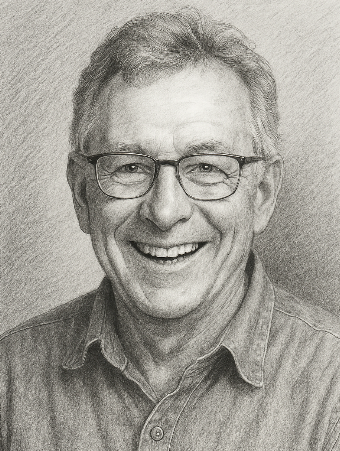I do a lot of work with individuals having difficulty with alcohol. There’s a common thread with these people; they talk about once being able to drink socially; having control; and how drinking was never a problem. After a few years, they realize that alcohol is running the show.
Most talk about how alcohol becomes ever present in their day-to-day lives, and how it’s beginning to affect the quality of their life.
One of the unique qualities of hypnosis is how it can become a healthier alternative to drinking. In general the process of hypnosis is quite euphoric. It creates a sense of cathartic relief and profound relaxation. In sessions geared for excessive drinkers the euphoric factor is significantly increased.
My clients learn that hypnosis offers a more enjoyable, healthier high than alcohol. So rather than trying to find the strength to push themselves away from drinking, they are presented with the opportunity to trade up to something better.
Clients make this important connection on the first office visit, and then they learn to take the same approach to the solution as they once used to create the problem, repetition. By repeating the hypnosis process on a daily basis the mind and body make a powerful connection, and new patterns supporting lasting healthy relief are formed.
There’s nothing difficult about hypnosis at all. Even though most first visit clients have never experienced hypnosis before, the overwhelming majority do extremely well. The euphoric soaked relaxation gets their attention right away, and most leave the office quite eager to repeat the session was they get home.
I see my alcohol clients for a series of four sessions. In between office visits they listen to sessions at home at least once a day. Hypnosis creates a positive new thinking style.
It helps individuals reframe their life view. Instead of always focusing on the problem, they are guided in hypnosis to envision freedom and relief. Not only do they quickly become free of past burdens but with hypnosis they become excited about moving forward into a new healthier lifestyle.
By: Paul Gustafson RN CH








